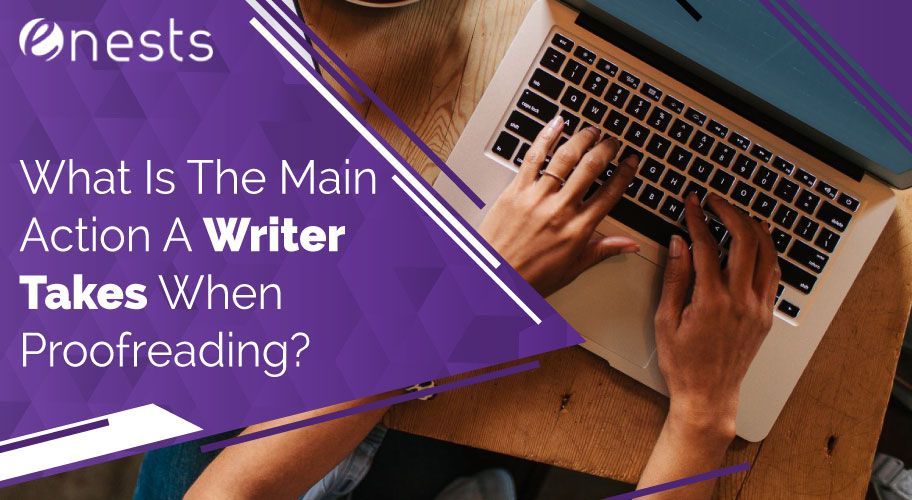Good writers demand that their texts be corrected. They know that a good proofreader's eye and skillset will vastly improve what they have written. The proofreader does not invent the content of the text; neither does it create or modify the author's style.
What he does is put all his knowledge at the service of that style. So, what does a proofreader do and what are their particular set of skills? This is the question that the editors have never dared to ask their main stakeholders at the risk of offending them.
It is nevertheless an excellent question because due to an individual's ignorance about their role of a proofreader, it isn't always known what their primary tasks are.
The profession of a proofreader is as old as the printing press, and yet it is a generally largely unknown profession. That is precise because if a proofreader's work is perfect, it will not be seen. Part of their job is to be almost invisible without damaging or altering a writer's image.
What a proofreader does when working on text?
A proofreader, of course, checks their spelling, punctuation marks, the grammar of a text. But their task does not end there. They also ensure that a text, in addition to being correct, is accurate.
Fights redundancies, the ambiguities and abuse of verbs wildcards ("saying", "have", "having", "put"...).
Checks their typographical coherence of the text, the use of capital letters, the spelling of the names of people and places and makes sure that the technical terms are used correctly.
They will also propose lexical changes on any chosen word that carries unwanted connotations and controls the inappropriate use of cultisms ("climatology" for "climate"). And they do all of this while preserving the personal style of the author of the text. It is always vital to maintain the style of the text. 
In short: They develop an idea, compose a story or article, explain a theory; and their proofreader ensures that this message is transmitted to the reader correctly, clearly and efficiently. Of course, the concealer is not foolproof.
Although they are usually a perfectionist and implement a set of meticulous skills, they too can make mistakes. This is why it's vital that a professional proofreader develops a sharper eye, some tricks of the trade and an insatiable desire to learn until the last day they practice their profession.
It truly is an art form, and this is why it takes many years to perfect the art of doing so. When there is no set style to a book or piece of text, the proofreader must make the decisions that he would find in them. It is additional work, both because of the time you have to spend analyzing the text, consulting books and reflecting and because of the responsibility, you assume.
Qualities of a good proofreader
● They are not afraid of silence or loneliness. The high concentration that their work requires often leads them to isolate himself during the development of their activity.● They doubt everything, even themselves. They are language specialists, but that does not mean that they know everything.
● A good proofreader is accompanied by dictionaries and specialized works and constantly consults virtual resources. It often checks almost every word in a sentence.
● They are curious people, with general culture, of course, but especially eager to learn about all kinds of subjects.
● They have an excellent ear to find the ideal cadence in the text.
● They are a firm person to defend the cleanliness of the text, but flexible to understand the particular interests of each author.
● They have a great love for reading and the written word and must ideally be a native speaker of the text they are proofreading.
All these characteristics make up a true professional of the language who carries out an artisan work that complements that of the writer. If it performs its role well, the text will give the best of itself.
The proofreader is not a copywriter; they are neither the table editor nor the model maker. Nor are they a communication consultants. Some proofreaders may also offer these services and perform them optimally, but they are different jobs from proofreading.
They may use specific services to assist them, such as Grammarly and other software that will allow them to highlight the problems much more manageable.
To correct is not to teach language or to change it, but instead just to improve it. The proofreader improves a text, but it is not their job to explain the rationale for each change or justify their decisions.
